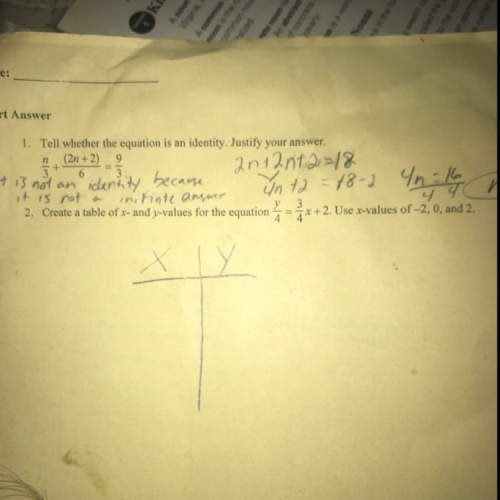
I know student 2 is right but don't know how to explain it
Three students are arguing about what happens when light travels from water into air. Their claims are in bold. Two of the claims are incorrect. Think about which claim you support and why.
Student 1: “When a light wave travels from water to air, it speeds up from 200,000,000 m/s in water to 299,700,000 m/s in air. That is a big increase in speed. There must be a change in frequency and wavelength for that to happen. If speed increases, then wavelength and frequency also increase.
Student 2: I disagree. The simulation and an article showed that only one of the variables changed, but i don't remember if it's frequency or wavelength that change. When speed increases, then only one of the variables change.
Student 3: I disagree with both of you. When light travels from water to air, it doesn't speed up. Where would it get the energy for that? The speed of light stays the same when travelling to different media, if the wavelength increases then the frequency decreases. It's the same reason that radio waves and x-rays travel in space at the same speed.
Use mathematical reasoning to support a claim. Credit will only be given to work done on paper. You may upload your work here or email it to your teacher.

Answers: 3


Another question on Physics

Physics, 21.06.2019 21:00
While listening to operatic solos, musicians process the lyrics and the tunes in separate brain areas. this most clearly illustrates the functioning of different
Answers: 1


Physics, 22.06.2019 15:10
Auniform crate c with mass mc is being transported to the left by a forklift with a constant speed v1. what is the magnitude of the angular momentum of the crate about point a, that is, the point of contact between the front tire of the forklift and the ground
Answers: 3

Physics, 22.06.2019 16:20
Which best describes what forms in nuclear fission? a. two smaller, more stable nucleib. two larger, less stable nucleic. one smaller, less stable nucleusd. one larger, more stable nucleus
Answers: 1
You know the right answer?
I know student 2 is right but don't know how to explain it
Three students are arguing about what ha...
Questions




Computers and Technology, 07.03.2020 04:53








History, 07.03.2020 04:53





Mathematics, 07.03.2020 04:53






